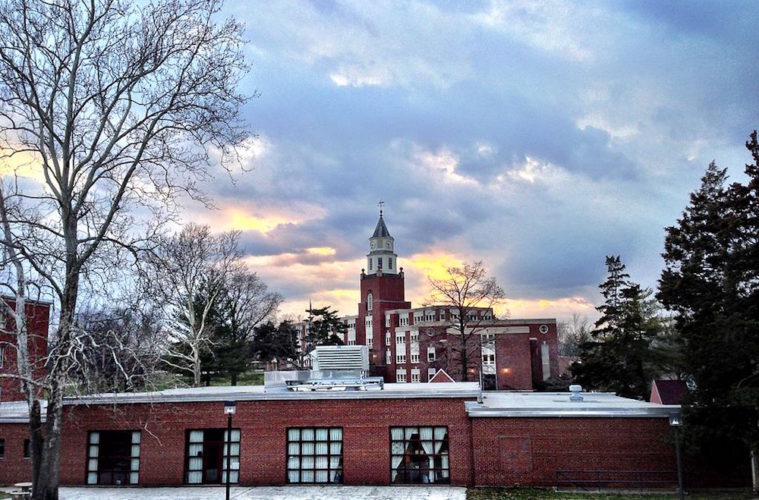Southern Illinois University is creating an interdisciplinary hemp and medical marijuana education program to train students and help farmers and growers be more successful in their operations. The initiative is designed to support the fledgling hemp and cannabis industry and will include areas of study including agriculture, biology, chemistry, engineering, business, and ecology. Cultivation of hemp was legalized by the state government in August.
Karen Midden, the interim dean of the College of Agricultural Sciences at SIU, said that the hemp program is still in the developmental stages.
Supporting an Industry
“We want to create a program to support this emerging industry,” said Midden. “We’re getting this request and input from stakeholders, who are reaching out to us, telling us they need the science. But we’re also getting it from students — current and potential students — that they would like to have programs to prepare them for work in these areas.”
Midden added that the university can help farmers and manufacturers realize the economic potential of hemp and medical marijuana.
“Both of these crops — hemp and medicinal cannabis — show benefits in numerous areas, all the way from health and quality of life to having another natural fiber that can be used in so many ways,” she said. “We want a program to support this emerging industry. They need the science we can provide, and we are positioning ourselves to help.”
Land is being cleared for a five-acre hemp field that is expected to be planted in the spring. Jim Garvey, the interim vice chancellor for research, said that analysis of the soil at the site is strongly representative of the soils found in southern Illinois.
“Research conducted there will allow us to best inform southern Illinois growers about how to cultivate industrial hemp crops,” said Garvey. “We will also be able to learn about how to minimize soil erosion and ensure sustainable harvests.”
Studying Hemp in the Field
Karla Gage, assistant professor of weed science and agricultural systems, would like to study how hemp, which competes well with weeds, might integrate with other crops grown by Illinois farmers.
“I’m interested in how that looks in rotation with typical crops; what does that do to the weed seedbank, for instance?” explained Gage. “Could you suppress populations of herbicide-resistant weeds by adding hemp to the crop rotation or by just growing hemp for a few years? Will growing hemp continuously have negative impacts on the environment and the crop? If hemp does not effectively suppress weeds, will there be a buildup of the weed seedbank?”
Other Midwestern universities also see hemp as an agricultural and industrial opportunity. Specialists at the Michigan State University Extension believe that educational programs can help the new industry.
“If markets develop to expand the use of hemp products, Michigan farmers may find it to be an economically competitive crop that could play a role in further diversifying crop rotations,” they wrote. “However, they will need research-based information on how to grow the crop under our soil and climatic conditions.”
Eric Steenstra, the president of advocacy group Vote Hemp, said in a telephone interview that integrated education programs like the one at SIU will help hemp develop into a viable agricultural commodity.
“This is a new industry. There’s no question that we’re going to need people coming out of schools that are looking at how we can utilize hemp as a crop. There’s so much potential with it. I think it’s an excellent development,” Steenstra said.
Aldwin Anterola, associate professor of plant biology at SIU, said that the university has been working on creating the hemp education program for more than two years. DEA approval for hemp cultivation was received by the university earlier this year.
“We’ve been engaged, and we are trailblazers in this, ahead of the other universities in the state,” Anterola said.


